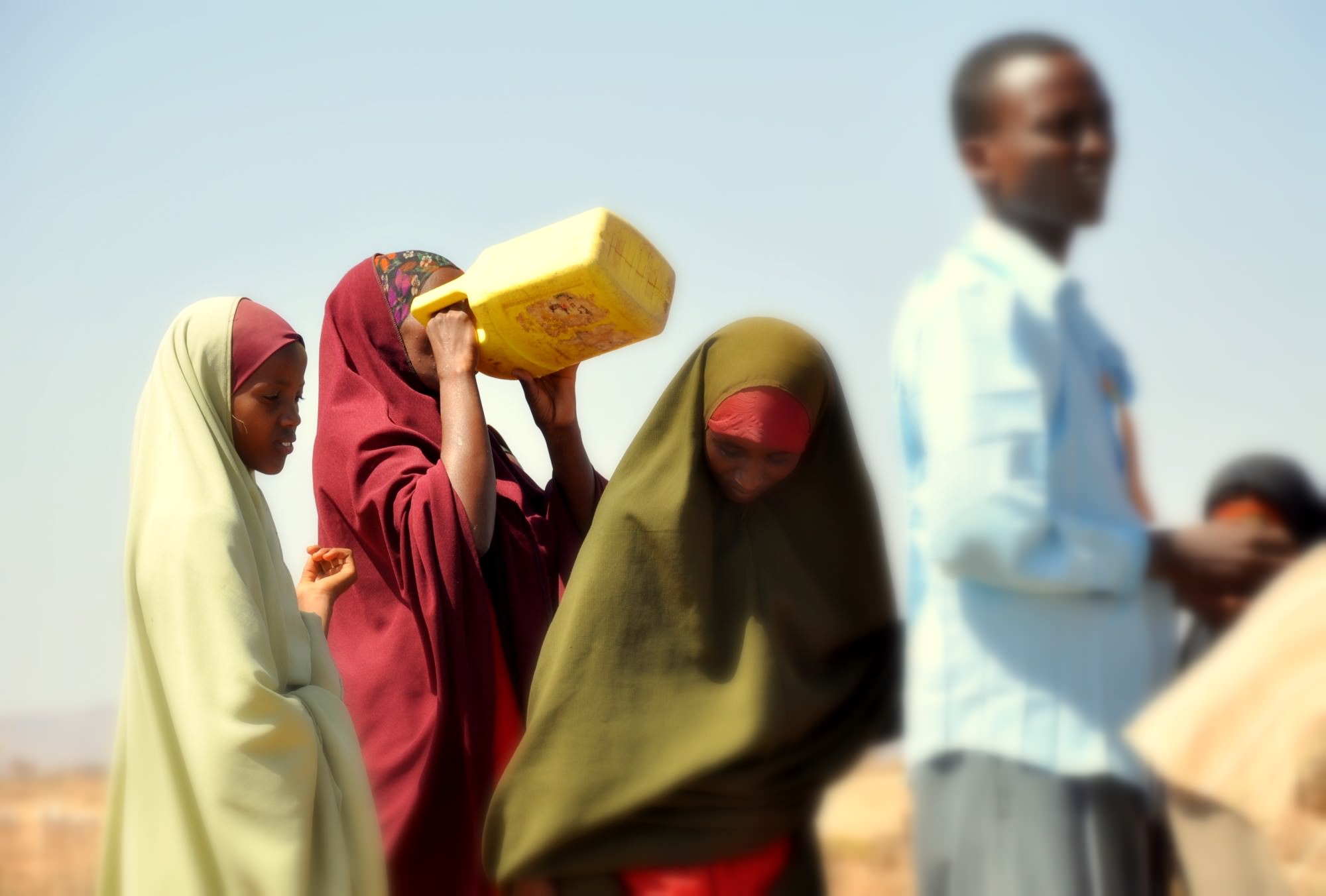World
Putin’s ‘Nyet’ On Ukraine Grain Shatters East Africa
By Jake Beardslee · July 17, 2023

The recent breakdown in negotiations over grain exports from Ukraine spells dire consequences for East African nations already facing food shortages, according to Shashwat Saraf, East Africa Emergency Director for the International Rescue Committee.
Speaking to France 24, Saraf warned that Russia’s unilateral decision to pull out of the deal that allowed the export of Ukrainian grain during the war will result in immediate food scarcity and price hikes. Hardest hit will be the poorest nations with the most at-risk populations. “There will be a problem of access, access to food, but also in terms of immediate hike in prices, which will reduce the affordability to food for people who are already marginalized,” he said.
Over 50 million people in East Africa already face extreme food insecurity and depend on food assistance. After years of drought in Somalia, Ethiopia and Kenya, and flooding in Somalia and South Sudan, many of these countries depend heavily on imported grain.
“There is an increasing dependence, and at the same time there is an increase in prices which will actually make things worse for the people who are very vulnerable across East Africa,” said Saraf.
Children in this region, where grinding poverty is a way of life, now face the bleak prospect of severe malnutrition. “It’s very important that they have access to nutritious food today so that tomorrow their future is secured,” Saraf noted sadly.
Somalia, Kenya, Ethiopia and Sudan are all heavily dependent on Ukranian grain imports. According to Saraf, this partly the result of climate change, which as reduced grain production in many of the nations. Meanwhile, regional military conflicts have also prevented millions from gaining access to precious farmland.
Saraf, however, remains “hopeful” that a deal can be reached to resume Ukraine’s grain exports. “There is no reason why food and food supply should be interrupted as they are a basic right, they are a human right,” he said.
Light Wave commentary
Already battling food insecurity, poverty and the effects of climate change, millions in East Africa now face even grimmer circumstances if an agreement cannot be reached to resume the flow of grain from war-torn Ukraine. It is an injustice that those least responsible for conflict and climate change so often bear its harshest impacts. A humanitarian crisis now looms for vulnerable Africans - especially the children - largely because of the self-aggrandizing ambitions of Vladimir Putin and his circle of lackeys and oligarchs. This disgraceful, premeditated breakdown in the international food-supply chain is something the U.S. and its NATO allies must not allow.